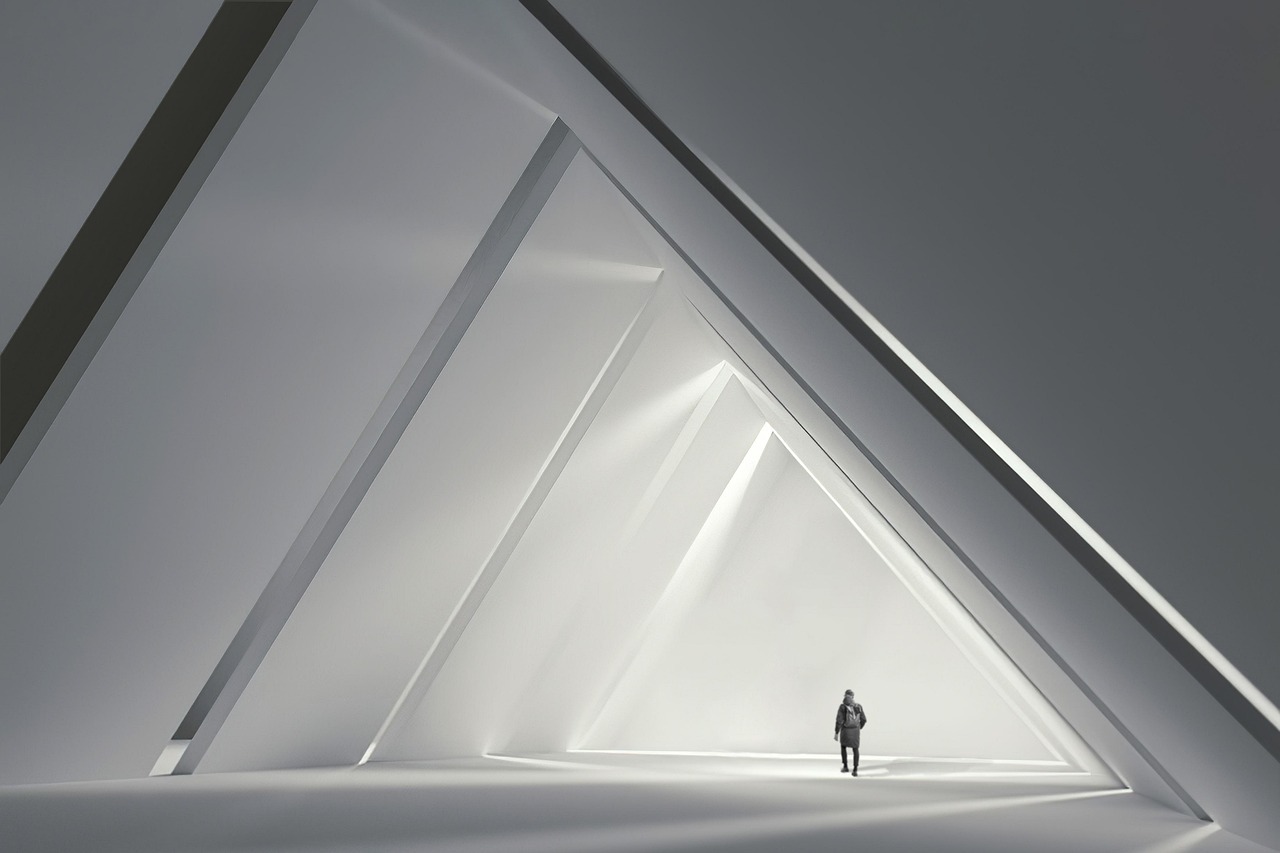On August 19th 2025, Cracker Barrel made the news for announcing an entire change in aesthetic. This seemingly regular business decision resulted in an immense amount of backlash on social media and in the stock market, losing around $100 million in value the day of the announcement. Before the announcement, going to Cracker Barrel felt like walking into a country store with a look of rustic, maximalist nostalgia. The pictures of the changed restaurant show a seemingly sterile, rigid, and bland environment that could be mistaken for a Warby Parker store, American Eagle store, or even a doctors office. Most notably, the logo was changed from the old man next to a barrel to yet another clean, minimalist, and arguably soulless logo. The backlash was so severe that the company decided not long after to go back on the decision.
This trend towards corporate minimalism has taken over design. Burger King, Volkswagon, Pringles, and countless others have changed their logos in recent years to minimize bold colors and complex designs. This is not just a trend in corporate design but minimalism and conformist architecture dominate our cities and our housing. In 2020, The Atlantic published an article called Why Every City Feels the Same Now which begins with the author looking around his hotel room in another country and realizing that he could be anywhere in the world. Compare the skylines of Toronto, Shanghai, and London and you’ll have a hard time pointing out specific cultural motifs that differentiate each city. Naturally, this relates to the decline of small businesses as well. It is especially difficult to find local shops in these conformist cities while you can easily find a Starbucks or McDonald’s. Even our housing is falling victim to rigid linear designs with little color and a lack of any unique design or local connection.
Why are these decisions being made? Some on the political right may critique some of these decisions, particularly that of Cracker Barrel, saying that the company has chosen to ‘go woke’. This is a slight misread of the situation. These companies, cities, and organizations are not choosing in many of these situations to wade into politics, which corporations have become exceedingly conscious of avoiding. Rather, these are trying to be accepted by as many people as possible, and therefore will willingly bury their individuality and follow what similar companies are doing. It’s also incredibly likely that these decisions are economically the paths of least resistance. Minimalism requires a lower budget than maximalism. Using an established contractor who will build the same looking building is cheaper than designing something that is different and new. It is almost always better in the short term to copy off of who is succeeding rather than trying to create something revolutionarily different.
You may be asking why we should care about this. Don’t we have bigger issues to worry about than how our cities, businesses, and houses look? The truth is this is a symptom of a much larger spiritual struggle: the balance of being unified in the midst of plurality. In reality, we have a society that has allowed individuals to become ever more individualistic, living with little concern about how to relate to other people, which is part of why we have what the department of Health and Human Services has called a ‘loneliness epidemic’. On the other hand, everything else that relates to any community has fallen into the conformist trap out of fear of being left to the side. We have eliminated the things that make us interesting and different by trying to avoid offending anyone.
The Christian believes in The Holy Trinity, a perfect mystery of unity and individuality. We are each called to be the full individuals that God made us to be, because we are each made in His image and likeness. We were created inherently good in God’s eyes and He wants us to be ourselves because He loves us. Yet, God also loves everyone and thing that has ever existed. We are called to love and respect them too.
Therefore, each of us and our society at large needs to find a balance between being individuals and living in a community. The most beautiful places in the world find this balance. Cities like Paris, Venice, and Prague are noted globally for their beauty, yet each is unique and would be hard to mistake for any other. If we want to build a beautiful future, we as a whole society need to work together with our city governments to advocate for zoning and building policies that balance unity and plurality. We can each individually welcome differences without worrying about hiding our own identities. To put it simply, we are called to be authentically ourselves while doing so within the context of loving others. It is never easy to find that balance, but if we try to live as individuals, families, communities, companies, and cities that are plural and unified, we’ll build a more beautiful world.

